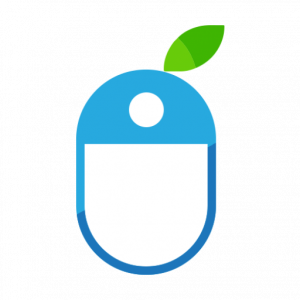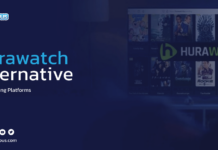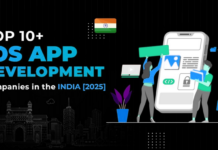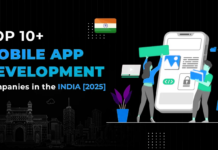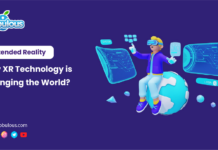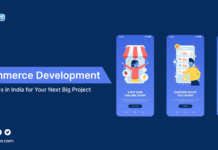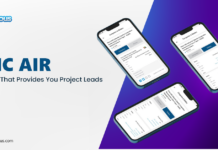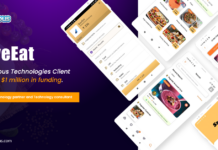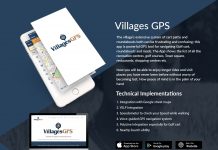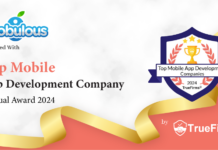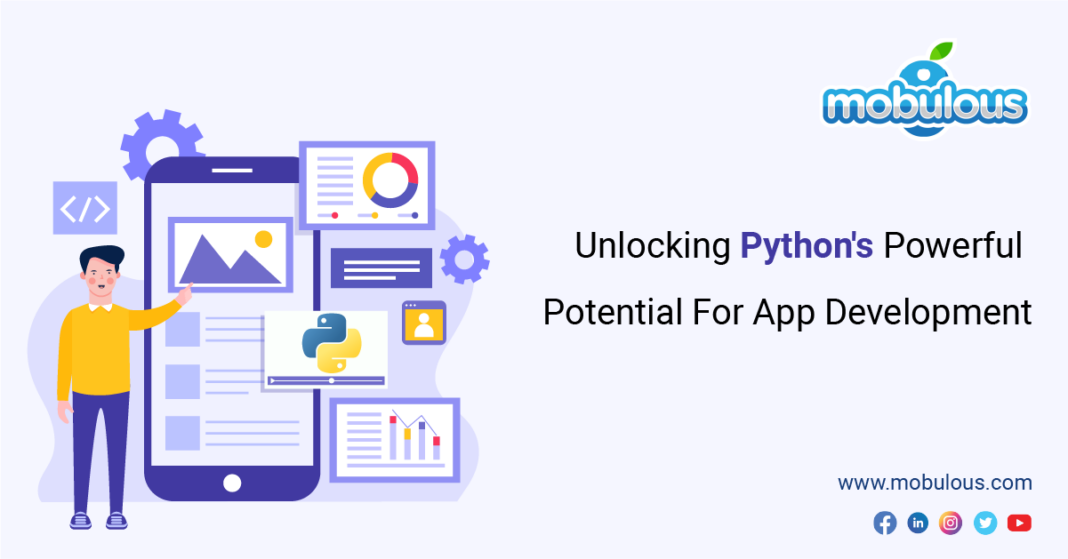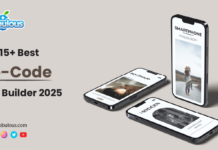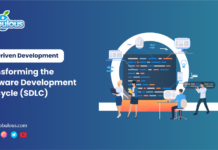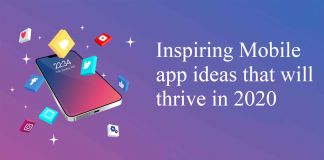Unlocking Python’s Powerful Potential For App Development
Python is currently the world’s third-most-used programming language According to the TIOBE Index, Python is a widely used programming language in various industries, including web development, scientific computing, data analysis, and artificial intelligence.
The primary reasons for the Python platform’s popularity are its flexibility & readability. Python can build almost any software, from mobile apps to desktop applications & web servers. Python is also known for its adaptability & simplicity, making it an ideal preference for beginner and experienced developers.
In this article, we’ll explore the possibilities of developing applications with Python. So if you want to learn about Python app development, continue reading!
Popular Frameworks Used For Python App Development
Because of Python’s versatile nature, it can be used for developing any application. Below are the three most popular frameworks you can use for Python app development.
|
|
| Django | |
| Flask | |
| Pyramid | |
| Dash | |
| CherryPy | |
| Falcon | |
| Cubic Web | |
| Web2Py | |
| Turbo Gears | |
| Bottle |
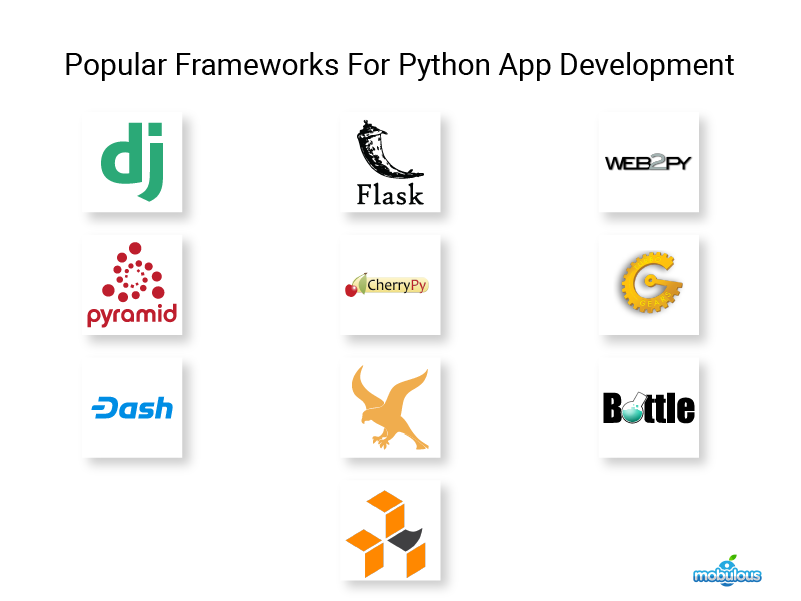
Django: Django is one of the most popular frameworks for python app development. It’s a free and open-source web framework written in Python.
Django is commonly used by large & reputed enterprises companies like Pinterest and Instagram. Django framework is a preferred choice of web developers because it enables developers to write complex code in a simple way to build python applications efficiently.
Flask: Flask is a popular micro-framework you can easily start developing because it does not require tools & libraries because of its integrated features like URL routing, integrated support for unit testing, and RESTful request dispatching.
Flask is dependent on the Werkzeug WSGI toolkit (The Python WSGI Utility Library) and Jinja2 template engine.
Pyramid: Pyramid is a highly adaptable & popular framework with unique features like single-file applications, mapping URLs, templating helpers, and integration with popular ORMs with pyramid framework you can easily create simple and complex web apps in Python.
What Type of Python Apps Can You Build?
Here are the six most popular types of apps that you can create with Python:
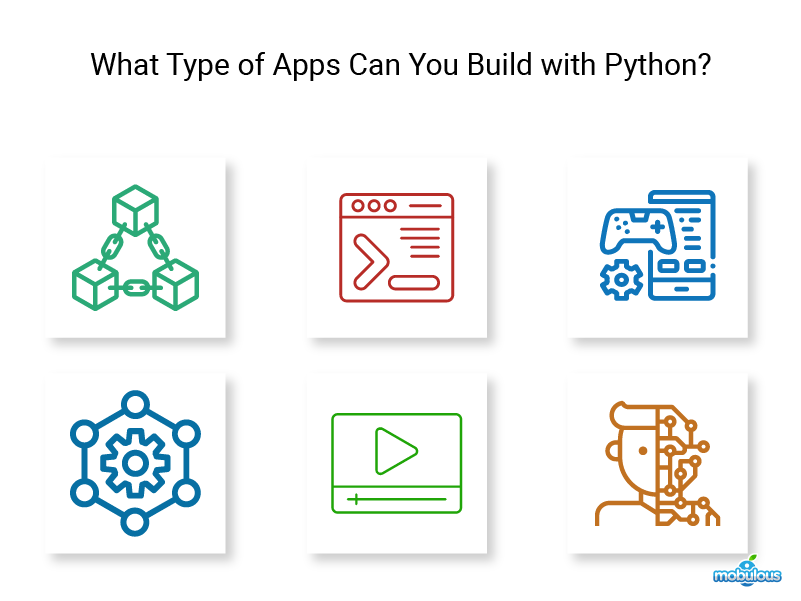
-
Web Apps
Python can create a backend for web apps and handle all the data & logic for your application. Python builds the front-end components for web apps, such as HTML or CSS templates.
-
Desktop Apps
Python can build desktop applications with the help of frameworks like PyQt or Tkinter. It provides access to developers to create desktop apps that run on Windows, macOS, or Linux.
Usually, desktop apps are more complex than web apps, but they can offer a richer user experience with a full range of features on the operating system.
-
Mobile Apps
With the help of Python, you can easily create mobile apps that work on Android & iOS devices. By employing Python libraries like Kivy, you can build cross-platform apps that work on iOS and Android devices. Mobile apps tend to be less complex than desktop apps, but they still offer a variety of features that users can take advantage of.
-
Machine Learning Apps
Python is an excellent programming language for building machine-learning applications.
With the help of different libraries and frameworks, Python can solve complex problems and offer easy-to-use data analysis and manipulation.
-
Internet of Things (IoT) Apps
With Python, you can create IoT apps to control devices and monitor their data in real time.
IoT apps are usually quite simple, but they offer users a lot of utility and convenience.
The Internet of Things (IoT) is an increasingly widespread technology that allows everyday devices to be connected to the internet.
-
Game Apps
Python can also be used to build games. You can use Python libraries like PyGame or Pyglet to build fully interactive 2D games and multimedia programs.
Python is also great for creating text-based adventure games. Python programming is highly portable and runs on almost every platform and OS.
Benefits Of Python App Development
Python has several advantages over other programming languages when creating apps. Below are some of them:
- Free & open-source: It’s free-to-use and open-source. Anyone can use it, and there are no licensing costs involved.
- Easy to learn: Python is relatively easy to learn & understand, making it a good choice for new programmers to start with web app development. Python also has an extensive standard library that provides many valuable functions and modules.
- Versatility: Due to its versatile nature, it can create a wide range of web & mobile applications, from simple scripts to complicated web applications and everything in between. Python is also available on all major operating systems, so you can develop cross-platform applications if required.
- Strong community: Python has an active community of developers who contribute a lot of helpful code and libraries. This means that help is always available if you need to understand new upcoming features and improvements.
- Performance: It is fast and efficient & can be used to create reliable and performant applications.
Popular Apps Built Using Python
Here are some popular apps that have been built using Python:
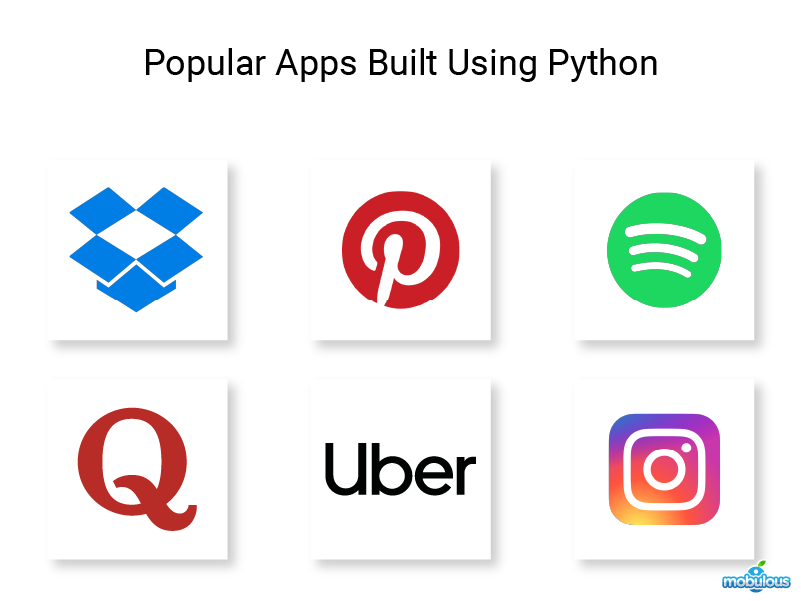
FAQs- Python App Development
Is Python appropriate for business applications?
Python is an excellent choice for building business applications. Well-reputed companies like Odoo and Tryton have used Python to create its app.
Can I create an app using Python?
Yes. Due to its scalability, flexibility, and versatility, most companies choose the Python programming language for web & mobile app development.
What is the main application of Python?
Due to its versatility, Python is the most popular language in the programming world, and it has applications in different domains.
Is Python the future?
Python is one of the most widely used & versatile programming languages, and it has some of the most promising job prospects. Python is undoubtedly the language of the future in the software industry, which is evident for a reason.
Is Python Similar to Java?
No Python is not similar to java. Python is dynamically typed, while Java is a statically typed programing language. They share features such as cross-platform support, immutable strings, extensive standard libraries, and the “everything is an object” design.
Conclusion
It’s clear that Python is a powerful language for app development, and its potential will continue to grow. With the right tools and frameworks, you can create apps quickly and effectively while taking advantage of Python’s power. The possibilities are endless when developing apps with Python, so don’t hesitate – to get started today!
Many companies and individuals can provide the expertise you need if you want assistance in Python app development. Contact Mobulous to get the best app development services!
